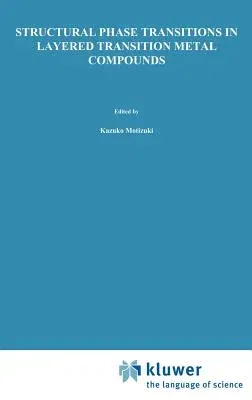Structural Phase Transitions in Layered Transition Metal Compounds (1986)Hardcover - 1986, 31 October 1986

Qty
1
Turbo
Ships in 2 - 3 days
In Stock
Free Delivery
Cash on Delivery
15 Days
Free Returns
Secure Checkout

Part of Series
Physics and Chemistry of Materials with a
Part of Series
Physics and Chemistry of Materials with Low-Dimensional Structures
Print Length
300 pages
Language
English
Publisher
Springer
Date Published
31 Oct 1986
ISBN-10
9027721718
ISBN-13
9789027721716
Description
Product Details
Book Edition:
1986
Book Format:
Hardcover
Country of Origin:
US
Date Published:
31 October 1986
Dimensions:
24.28 x
16.41 x
2.31 cm
ISBN-10:
9027721718
ISBN-13:
9789027721716
Language:
English
Location:
Dordrecht
Pages:
300
Publisher:
Series:
Weight:
635.03 gm